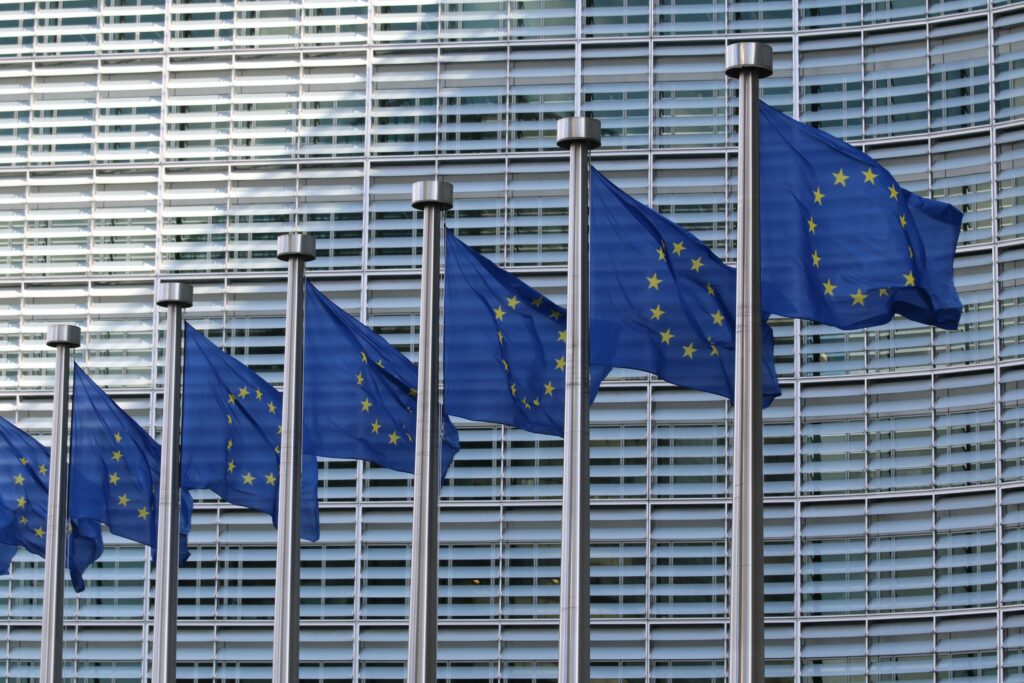
Despite progress over the past few years, women in the EU are still paid less than men for equal work of equal value. In 2021, women's wages average 90.2 percent of men. This means that the unadjusted pay gap is 9.8 percent. In March 2021 the European Commission published a Directive proposal to strengthen the application of the principle of equal pay for equal work between men and women through pay transparency. The purpose is to easily detect if there is an unjustified pay gap between genders in the workplace - and thereby contribute to reducing the pay gap between men and women. The proposal was welcomed by many EU parliamentarians. The European Parliament wants the new rules on transparency to apply to companies with 50 employees. They also think that the European Commission should create an official label for employers who do not have any gender pay gaps in their companies.
The proposal for increased salary transparency will now be put to a vote in the entire Parliament this April. If supported, the European Parliament and the Council of Ministers can start negotiations on the final legal text.
In the past, there were clear reasons why pay gap between men and women existed. These reasons included areas such as education and labor market participation. But over time, women have narrowed the gaps in these areas. But despite all these, the pay differences remain. Today we know that there are other aspects that come into play. Too many companies have lack of interest and knowledge in which results to inequality.
The Directive proposes that the salary setting should be handled through transparency and exchange of information. It’s no doubt that this new directive is a big step towards equality in the workplace. Can Pay Transparency Directive resolve pay gap? Well, the short answer is yes. The Directive can help women around Europe to identify if they have lower wages than required and have the possibility to attain proper tools to get fair working conditions.
Sysarb was founded 16 years ago with the aim of helping companies and organizations become more equal with reduced pay gaps between genders. We help around 450 satisfied customers annually to smoothly carry out a pay equity analysis and confirm a fair salary setting and address the effects and sources of gender disparities in the workplace. Companies face several challenges with the EU directive. Our approach to equal pay and analysis of the internal labor market will help your organization get conditions to become a more equal and fair company. We want to change the global view of pay and create transparency, justice, and impact. Do you want to learn more? Book a meeting with us!
Source: Europaportalen, ekonomifakta

